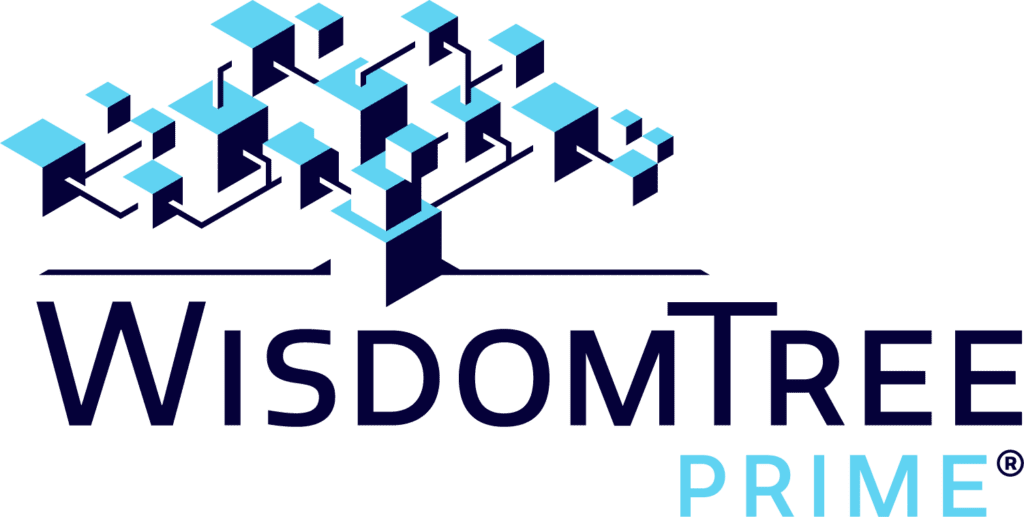There was not much new economic news that came in last week, but the data that did come in continues to show underlying resilience in the economy. It is not an overly strong economy but also not one where there are clear signs of a recession, or a significant slowdown of any kind is at hand. Estimates for third quarter GDP are coming in north of 3%. The Atlanta Fed GDP forecast is north of 5%, but I think that is too optimistic. Supporting this strength is a good rebound in productivity after a disastrous showing in 2022. This productivity rebound is what I expected would offset any weakness in the jobs market but, although hires are down, we haven’t even seen any signs of those negative payroll reports.
Strong economic data are keeping the 10-year bond yields elevated. We almost broached the 2% level on the 10-year TIPS before it settled closer to 1.9% and the 10-year nominal bonds were around 4.25% on Friday after being closer to 4.35%. Bond yields remain elevated for a number of reasons. The inflationary surge and fears of future inflation have left bonds as less of a perfect hedge asset to risky assets like stocks. That ability for bonds to act as a form of hedge and insurance-like asset caused yields to get to super low levels before the recent inflation. A rising correlation structure between stocks and bonds makes investors demand more compensation and higher yields to hold bonds.
But I believe the higher rates are likely to be with us for some time, although I do not think the Fed should raise interest rates any further from here. It is highly unlikely for the Fed to increase rates in September, and while the markets have priced in some probability of a November hike, I don’t think the Fed needs to make that move. We get the CPI and the PPI reports this week. The data will not be as comforting as some of the prior reports. The CPI expectation for headline inflation is 0.6% for the month and much of that gain is from the rise in oil and energy prices. Core inflation will look better and the year-over-year rate will continue to drop.
The Fed started recognizing and verbalizing that there are risks for the economy of continuing to raise rates. There are clearly downside risks in bank lending. There are risks for the consumer spending appearing with rising delinquencies for auto loans. There are risks in commercial lending and the real estate market. And risks with a more strapped consumer with the restart of student loan repayments. But at this particular point, the risks have been contained and the economic data remains robust. Jobless claims last week were yet another subdued number illustrating this health.
There’s also one puzzle of economic weakness being resolved giving further comfort. There was a widening gap between gross domestic product (GDP) and gross domestic income (GDI), two reads on the size of the economy. Conceptually, these two measures should be equal and most attribute differences to statistical noise. But since GDP and GDI are measured from different data sources, they can deviate and recently there was a growing gap. Interest payments by the Federal Reserve to banks on their deposits, which soared with the Fed’s hikes, has not historically been counted in GDP but was in GDI. When these payments are included, they close half the gap between GDP and GDI. We will see where the final revisions are to GDP. But a lot of that very puzzling gap between gross national income and gross national product, which were used by some of the bears to say the economy is not as strong as we think, has now been explained.
For equities, I still see an upward tilt for the remainder of the year. There was softness in the largest stocks like Apple last week on headlines that China was going to prevent more of their state workers from using iPhones. I think this was an over-reaction—most of the state workers already were not using these phones—so the headline is not that impactful. While China would like to encourage more domestic rivals, if the Apple iPhone remains an attractive product to consumers, there will still be a large group that favors Apple’s brand. Yet these types of headlines are likely to keep re-appearing as we navigate through complex geopolitical dynamics ahead.
Past performance is not indicative of future results. You cannot invest in an index.
Professor Jeremy Siegel is a Senior Investment Strategy Advisor to WisdomTree Investments, Inc. and WisdomTree Asset Management, Inc. This material contains the current research and opinions of Professor Siegel, which are subject to change, and should not be considered or interpreted as a recommendation to participate in any particular trading strategy, or deemed to be an offer or sale of any investment product and it should not be relied on as such. The user of this information assumes the entire risk of any use made of the information provided herein. Unless expressly stated otherwise the opinions, interpretations or findings expressed herein do not necessarily represent the views of WisdomTree or any of its affiliates.







